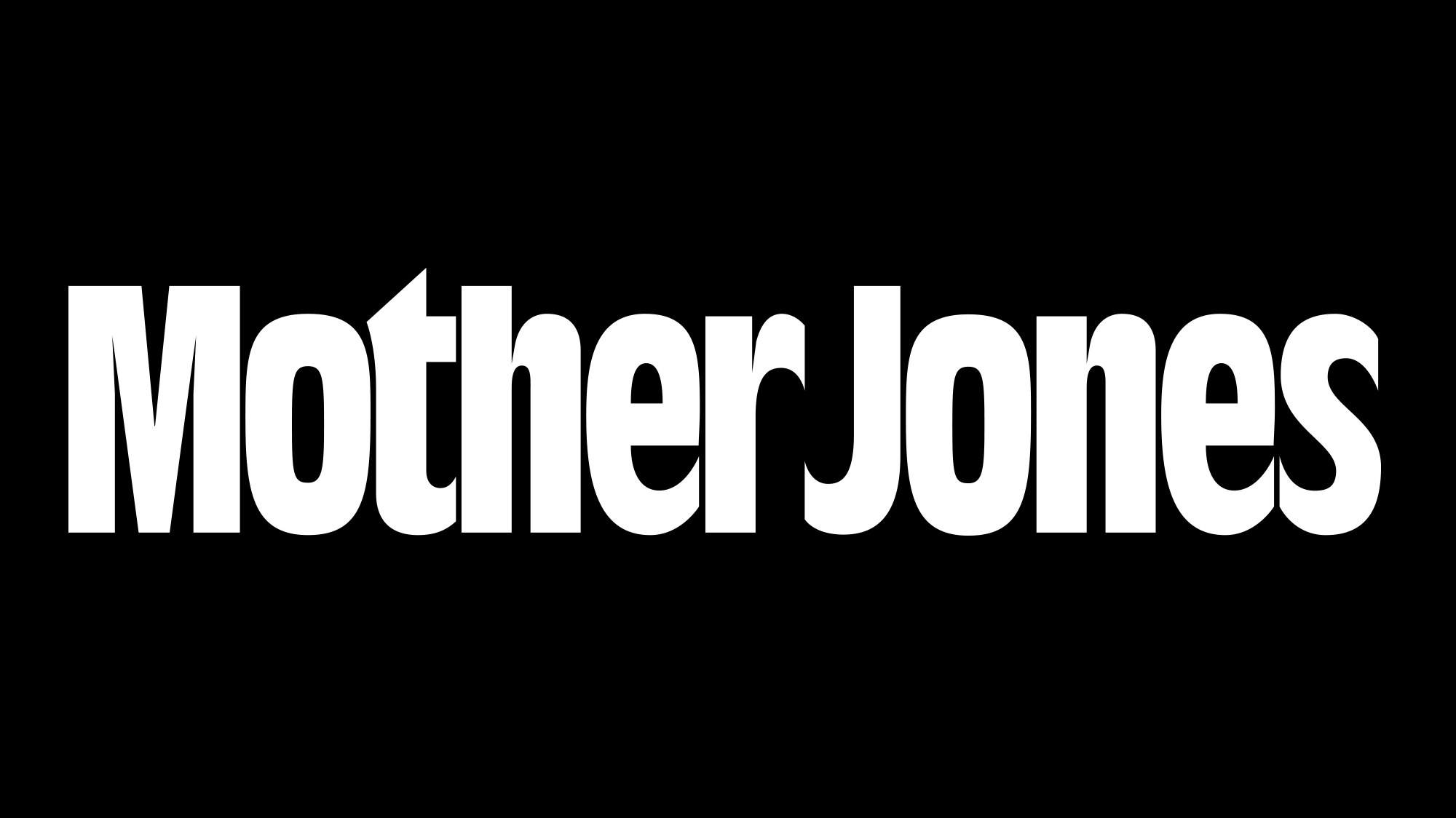
- Select a language for the TTS:
- UK English Female
- UK English Male
- US English Female
- US English Male
- Australian Female
- Australian Male
- Language selected: (auto detect) - EN
Play all audios:
Don Farrall | Photographer's Choice RF | Getty Images The yen plummeted against the U.S. dollar Wednesday, revisiting a trend that recently took the currency to a 2 1/2-year low on
expectations of easier Bank of Japan policy and the possibility the central bank will raise its inflation goal. Yen price action should remain volatile as the BoJ Jan. 21-22 policy meeting
nears, with the dollar's roughly 1.2 percent pullback in the previous two sessions viewed as an opportunity to buy at lower levels. The yen, which also tumbled against the euro, was
weighed by the prospect of the BoJ raising its inflation target at its next meeting as well as fears of a downgrade on its government debt. "Looking ahead to the BoJ later this month,
investors are a little hesitant to bid the yen up too much higher," said Omer Esiner, chief market analyst, at Commonwealth Foreign Exchange in Washington. "The outlook for
additional easing is keeping a lid on the yen to the upside." (_Read More_: PICTURE THIS: THE DOLLAR AT 100 YEN) The DOLLAR last traded at 87.78 YEN, up 0.9 percent on the day and well
above a near one-week low of 86.81 hit earlier in the session. On Friday, the dollar reached a 2-1/2-year high of 88.40. Sources familiar with the BoJ's thinking said the central bank
was likely to adopt a 2 percent inflation target at the meeting, double its current goal, and issue a statement with the government promising bold monetary-easing steps. A move toward a
higher inflation target would require even more aggressive accommodation from the BoJ and would likely provoke additional weakness in the yen. The BOJ will also consider easing monetary
policy again this month, probably through an increase in its 101 trillion yen ($1.2 trillion) asset buying and lending program, the sources said. (_Read More_: BANK OF JAPAN TO CONSIDER
EASING AGAIN IN JANUARY) Expectations that Japan's newly elected government led by Prime Minister Shinzo Abe would push the BOJ to adopt more forceful monetary stimulus measures have
driven the yen sharply lower in recent months. But the dollar and the euro eased against the yen this week as investors locked in profits after steep gains. At Friday's peak, the dollar
had gained nearly 12 percent against the yen since early November, and traders said the rally was due for a pause. "After a 10-12 percent rise, there is bound to be some consolidation,
and a shakeout could possibly see dollar drop to 84 yen," said Howard Jones, partner at money manager RMG Wealth Management in London. "But any consolidation will be short-lived.
From a macro view, with a huge change of policy taking place in Japan and the government determined to drive the yen lower, one must not underestimate them. We are looking at the dollar
hitting 100 yen during the course of this year." The Japanese economy is expected to recover a little in 2013 if Abe's policies of massive fiscal spending, aggressive monetary
easing and a weaker yen produce the momentum needed to lift Japan from stubborn deflation. CENTRAL BANK WATCH On Wednesday, Abe repeated his call to the BOJ to take sufficient steps to
achieve a 2 percent inflation target, while Finance Minister Taro Aso called for aggressive measures to beat deflation. The EURO last traded up 0.7 percent at 114.58 YEN but was still below
an 18-month high set on Jan. 2. (Read more: WHY THIS MAY BE THE WEEK ECB CUTS RATES) The , however, fell for a second straight session against the DOLLAR and last traded 0.1 percent lower at
$1.3064 ahead of a European Central Bank meeting Thursday. While strategists suggest the ECB will keep its interest rates on hold on Thursday, some investors and economists believe rates
will be cut later this year. Comments from European Central Bank President Mario Draghi after the central bank's interest rate announcement will have the potential to sway currency
sentiment. In the options market, short-term risk reversals, a broad gauge of currency market sentiment, show demand for protection against a drop in the euro has risen over the past month.
Indeed, three-month euro/dollar risk reversals remain biased toward puts, or the right to sell euros, trading at 0.73 percent Wednesday versus 0.65 percent a week earlier and 0.5 percent at
the beginning of last month. Also on the radar this week are the first bond auctions of the year from Spain and Italy on Thursday and Friday. The risks of disappointment have increased and
if this is confirmed, headwinds for the euro could intensify, according to Valentin Marinov, G10 strategist at CitiFX, a division of Citigroup, in London. "Decent auction results could
help the euro consolidate in the very near term," he said. "That said, we suspect that this could be only temporary." That is because further sustained improvement in
periphery sentiment could come after a bailout request from Spain and more clarity on the political outlook in Italy, he said.









